Promoting Vaccination through positive community feedback EpiC COVID-19 Vaccination Drive - Harnessing an Integrated Health Campaign strategy; Empowering Communities
AN EPIC SUCCESS STORY
Introducing the Integrated Health Campaign: Bringing Vital Services to Communities
The USAID funded EpiC project is working collaboratively with the government of Nigeria through the State Primary Health Care Development Agencies (SPHCDAs) in Akwa Ibom, Anambra, Cross River and Enugu states to ensure that 70% of the respective states’ eligible population are vaccinated. To achieve this, EpiC is supporting mobile vaccination teams across the 4 states, while leveraging on the national supply chain for COVID –19 vaccines and consumables.
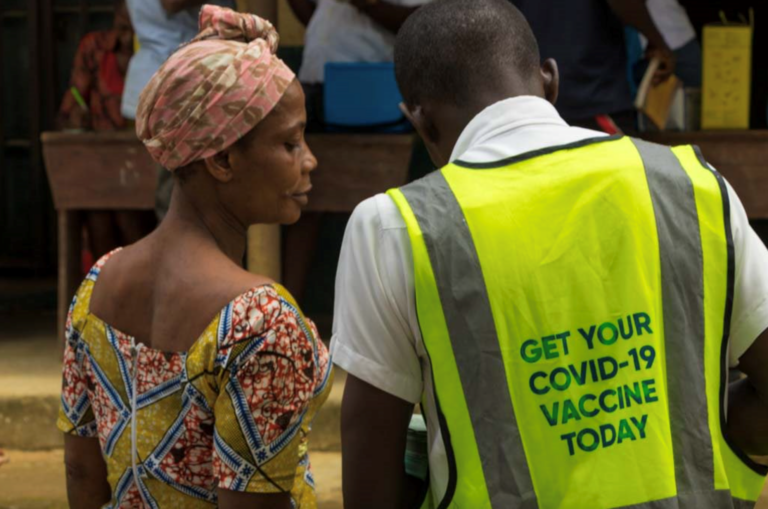
The mobile vaccination teams are tasked with ensuring demand creation and vaccination of eligible individuals in communities within supported states. However, vaccination efforts have been greatly hindered by vaccine hesitancy in many communities with resultant low vaccine coverage in some locations as low as 23%. Common factors leading to vaccine hesitancy include poor knowledge, myths & beliefs, and disinformation. There is also the presence of other donor-funded interventions targeting other conditions such as Malaria, Tuberculosis, and HIV in the various communities where mobile vaccination teams work which are also not well utilized, This situation is worse especially in areas with limited access to health care and those with poor health seeking behavior with feedback from other implementing partners on these other programs in these same communities confirming low uptake of available services. The need to improve vaccine uptake as well as impact positively on the lives of the communities as regards other prevalent disease conditions necessitated the implementation of an integrated health campaign led by the EpiC team in collaboration with other implementing partners and government stakeholders to spread behavioral change messages to these communities as well as bring services to their doorstep.
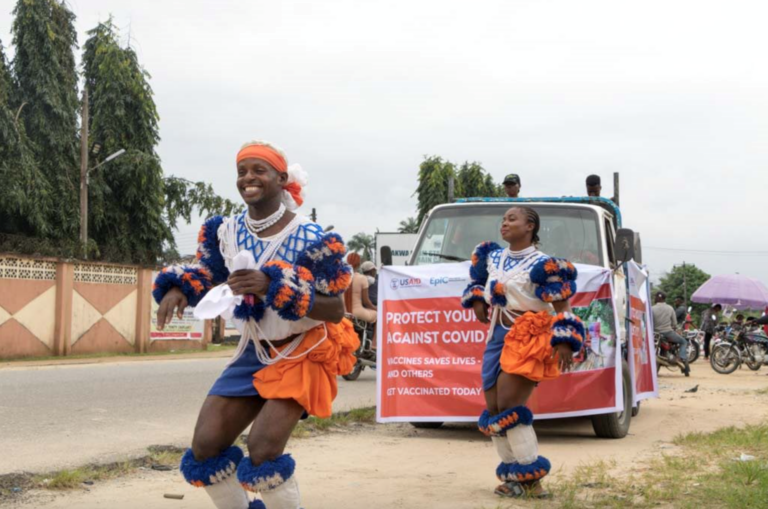
The campaign commenced with a dance procession in the selected communities with dancers and musicians taking to the streets with a road show bringing community members together and leading them to a central location to access health services. Intermittently between the melodies were carefully composed health education and information messages designed to inform the communities of the health services available, how to access them as well as encourage COVID-19 vaccination uptake.
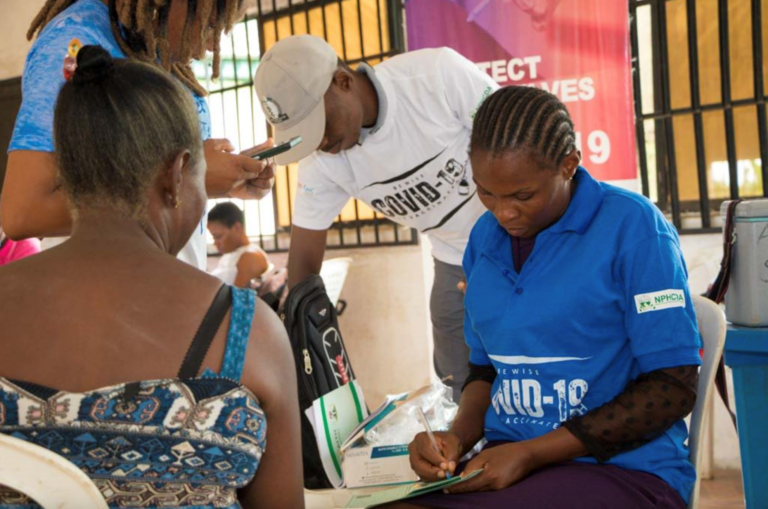
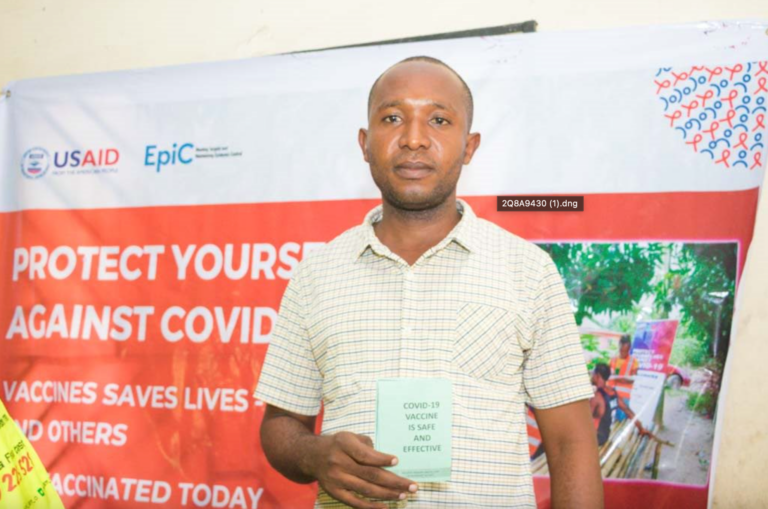
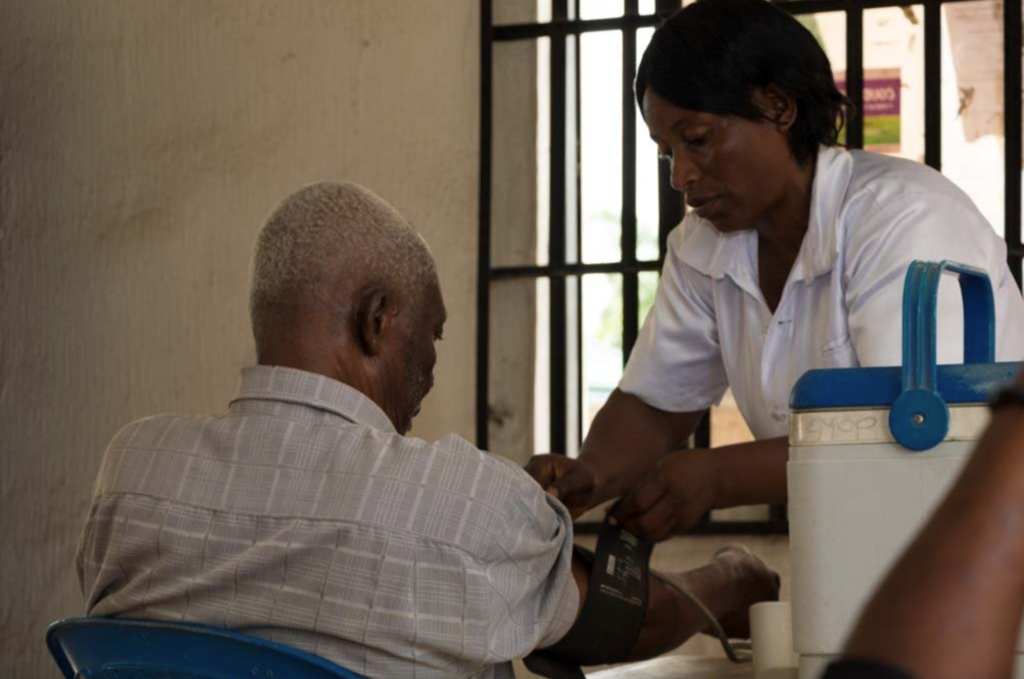
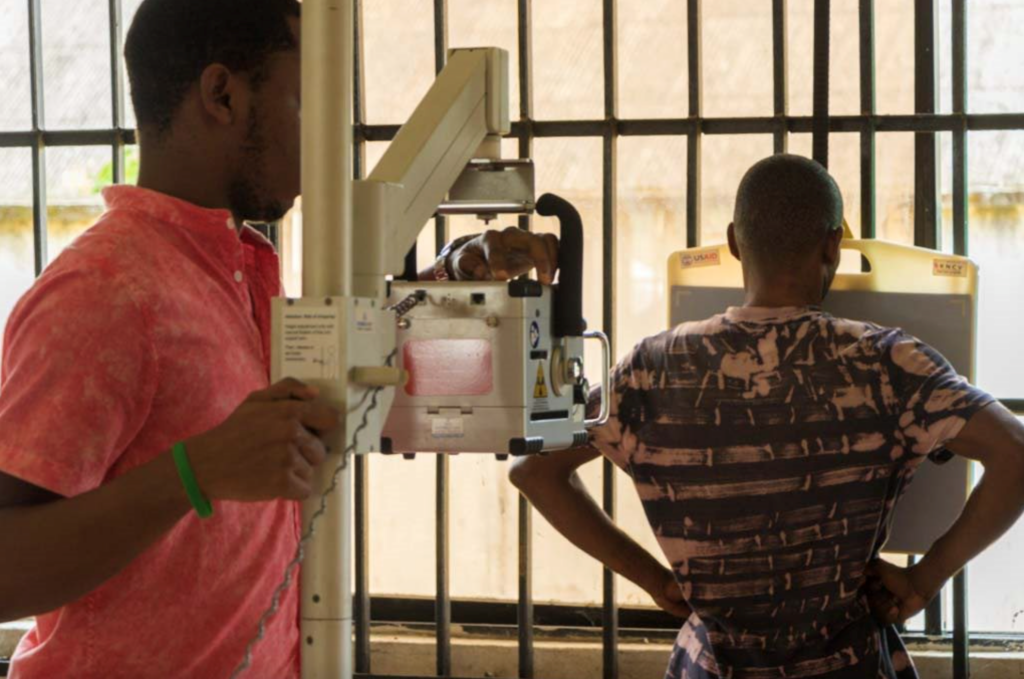
Together, we can empower communities, raise awareness, and improve healthcare access for all.

